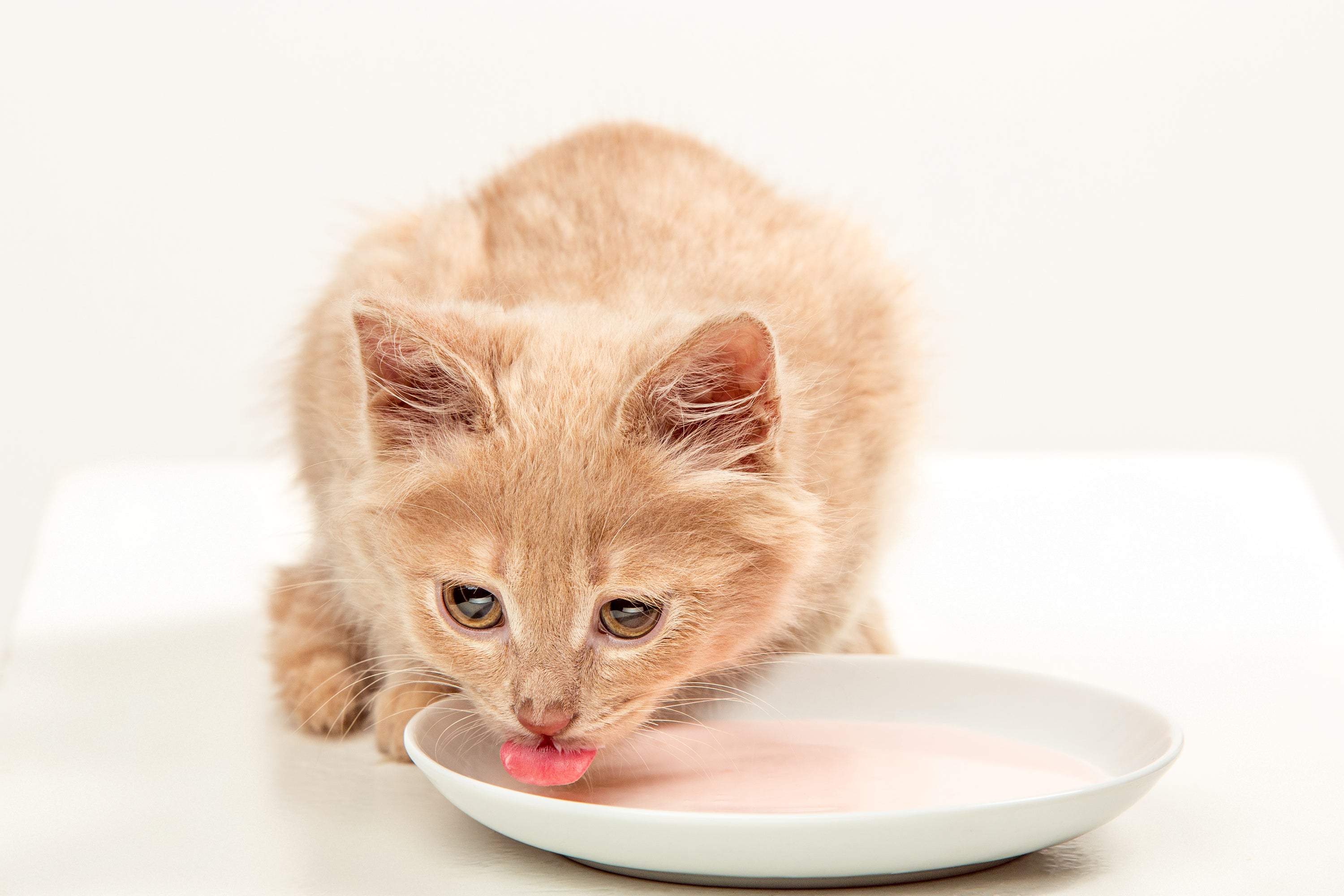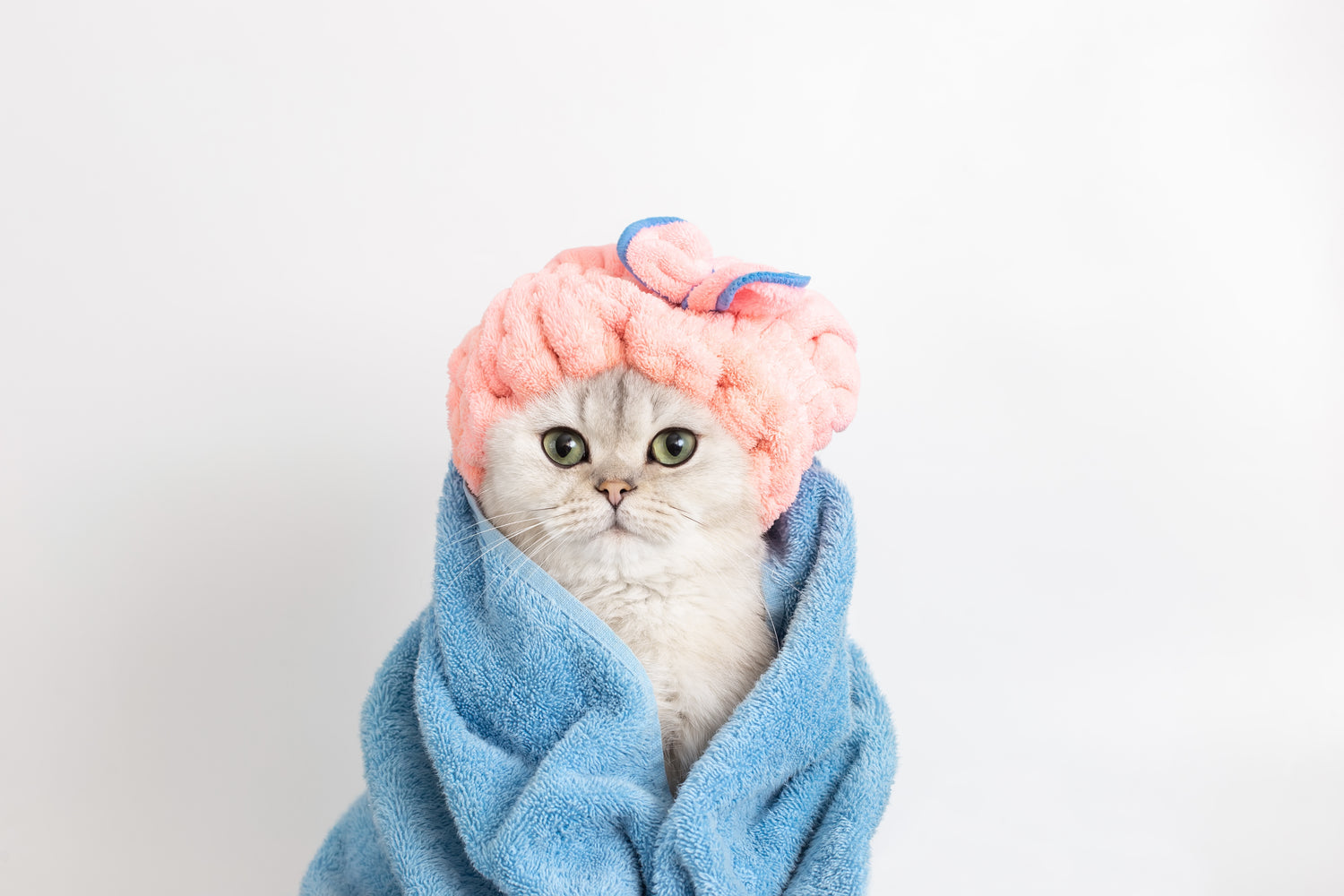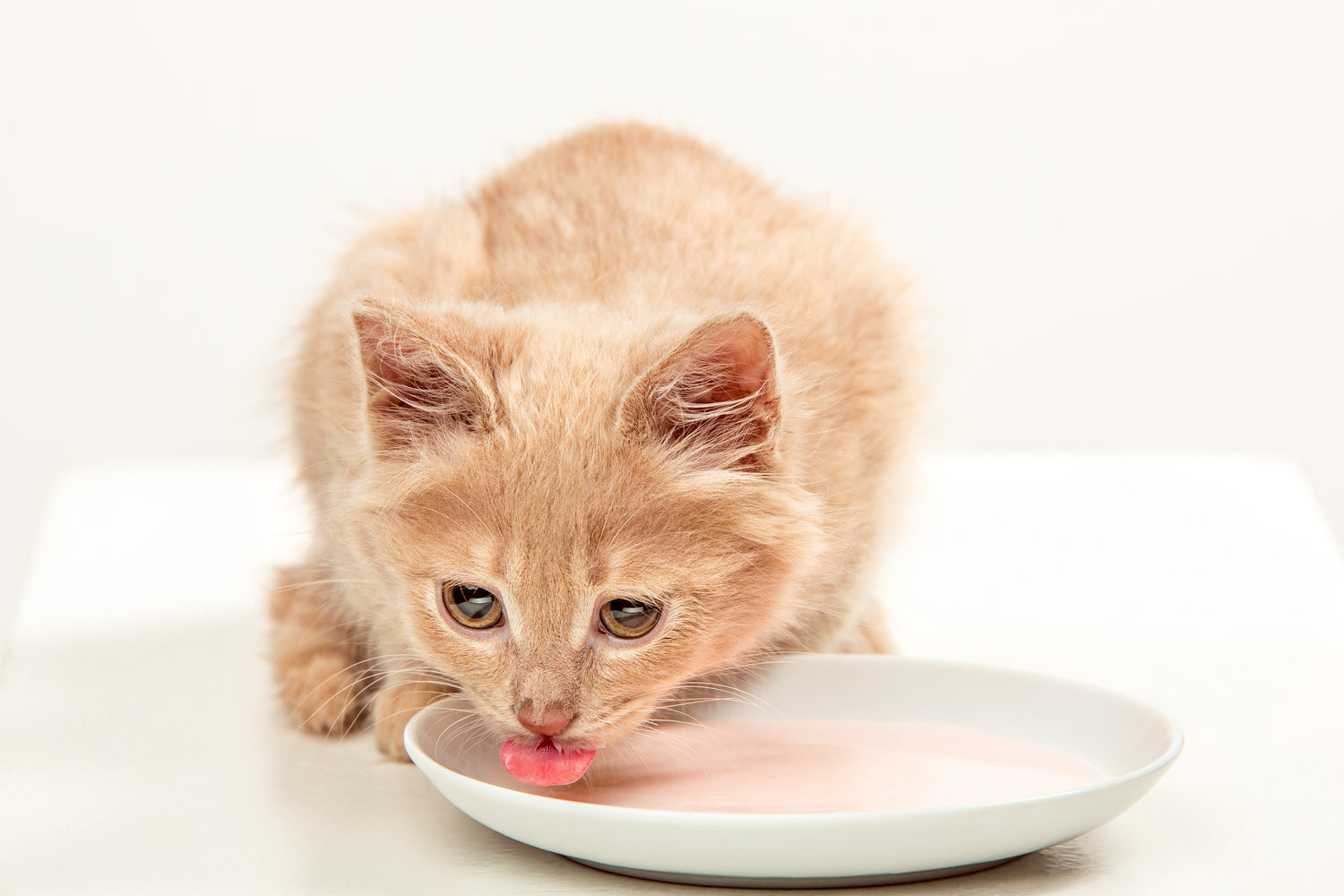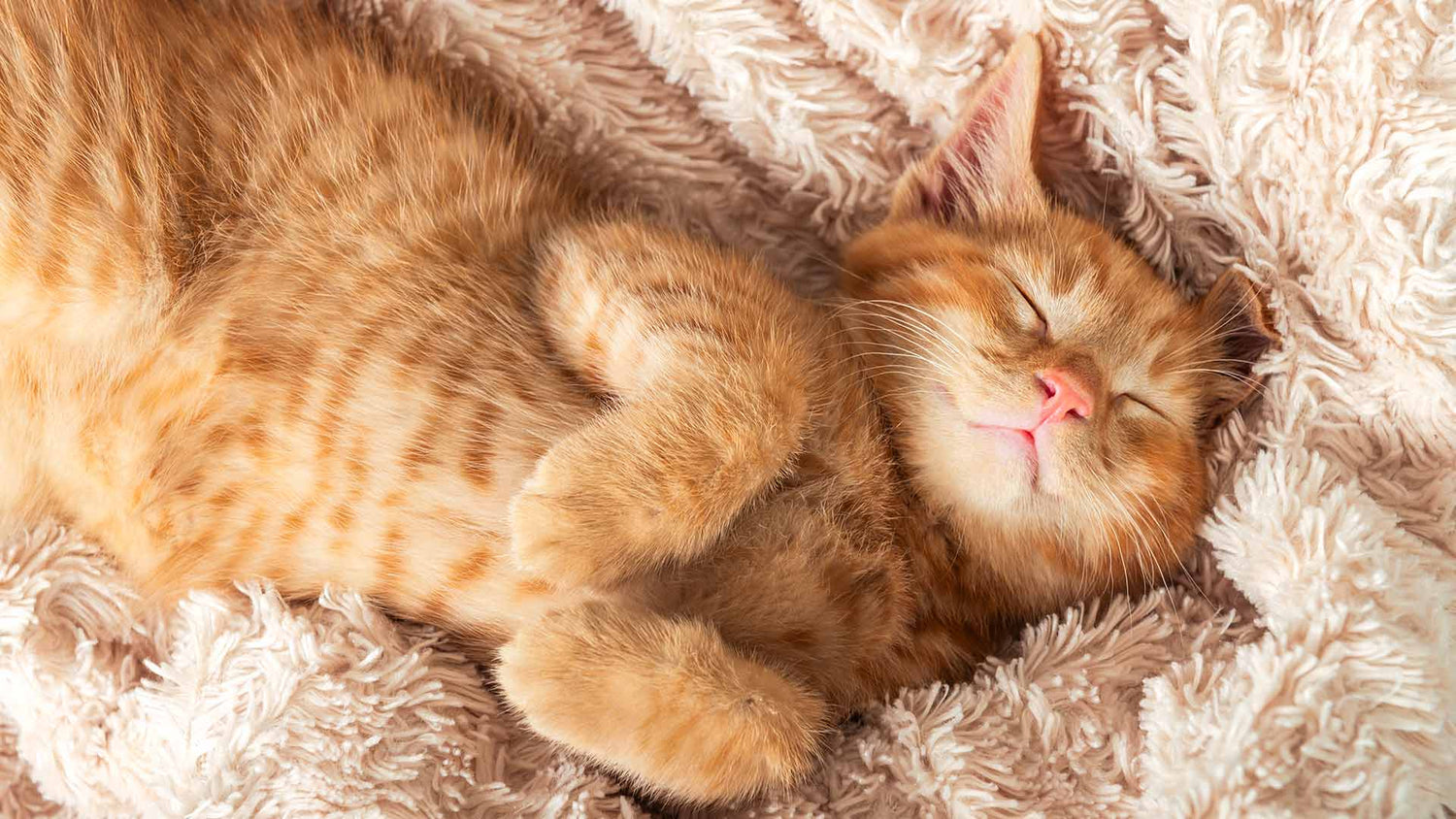As a cat owner, you've probably experienced those curious eyes watching your every move during mealtime, wondering if they can have a taste of your food. While it's natural to want to share your meals with your feline friend, it's essential to remember that cats have specific dietary needs that differ from our own. Here's a basic guide to understanding what human foods are safe for cats and what should be avoided.
Foods to Share with Caution
-
Lean Meats: Small amounts of cooked, unseasoned lean meats like chicken, turkey, or beef can be offered occasionally. Remove all bones, skin, and fat to prevent digestive issues.
-
Fish: Cooked fish (without bones) can be a tasty treat for cats. However, avoid excessive fish consumption due to its potential to cause thiamine deficiency over time.
-
Eggs: Cooked eggs are a good source of protein. Make sure they are fully cooked to avoid any risk of salmonella.
Safe and Healthy Choices
-
Cooked Vegetables: Some cooked vegetables like carrots, peas, and green beans can be safe for cats in small amounts. Ensure they are thoroughly cooked to aid digestion.
-
Small Portions of Cheese: Cats are lactose intolerant, but some can tolerate small amounts of low-lactose cheeses like cheddar or mozzarella as an occasional treat.
-
Small Bites of Cooked Pasta or Rice: These can be offered in moderation, but they should not make up a significant part of their diet.
Foods to Avoid
-
Onions and Garlic: These can cause serious damage to a cat's red blood cells and lead to anemia.
-
Grapes and Raisins: These can cause kidney failure in cats.
-
Chocolate and Caffeine: These contain substances that are toxic to cats and can lead to various health issues.
-
Alcohol: Even a small amount can be extremely dangerous for cats, causing symptoms ranging from vomiting to coma.
-
Sweets and Sugar: Cats don't taste sweetness and consuming sugary foods can lead to obesity and diabetes.
-
Bones: Cooked bones can splinter and cause choking or internal injuries.
-
Spices and Seasonings: Avoid adding spices, garlic, onion, or excessive salt to their food.
Consult Your Vet
Before introducing any new human food to your cat's diet, it's crucial to consult your veterinarian. Each cat is unique, and their dietary needs can vary based on factors such as age, weight, and overall health. Your vet can provide personalized advice on what treats or additions are suitable for your cat.
Remember the 90/10 Rule
Incorporating human food into your cat's diet should only account for a small portion of their overall intake. Commercial cat food is formulated to meet their specific nutritional needs, and that should remain their primary source of sustenance.
Final Thoughts
Sharing a morsel of your meal with your feline companion can be a bonding experience, but always prioritize their health and well-being. Stick to safe options, offer human food in moderation, and consult your vet to ensure your cat's diet remains balanced and suitable for their unique requirements. With the right approach, you can treat your cat to a special snack without compromising their health.



